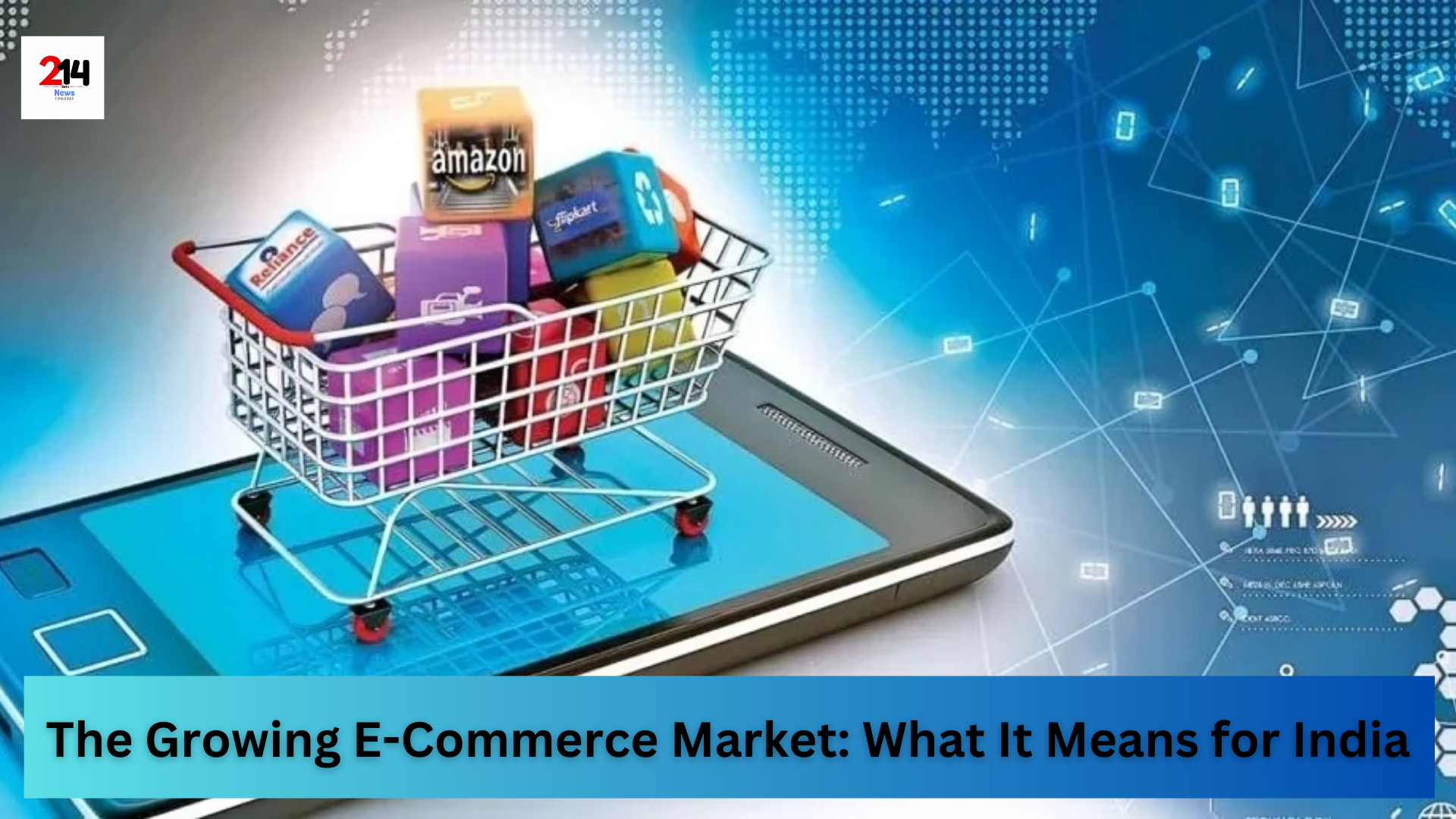
Commerce Minister Piyush Goyal recently raised important concerns about the rapid growth of e-commerce in India. He warned that if this trend continues, half of India’s market could be dominated by e-commerce platforms in the next ten years. While online shopping is convenient, Goyal believes that such dominance could bring several problems, especially for small retail stores and society as a whole.
The Problem with Predatory Pricing
One of Goyal’s main worries is “predatory pricing.” This happens when big online companies sell products at very low prices, often cheaper than the actual cost. This strategy is used to attract more customers and push smaller competitors out of the market. Goyal pointed out that small retailers, who can’t afford to lower their prices so much, might be forced to close their shops. This could lead to a situation where only a few big companies control the entire market, leaving consumers with fewer choices and potentially higher prices in the long run.
Goyal also questioned whether large investments by companies like Amazon are truly beneficial for India. He suggested that these investments are often used to cover up losses from their aggressive pricing strategies, rather than contributing to the country’s economic growth in a meaningful way. He warned that if these practices continue unchecked, they could hurt local businesses and disrupt the economy.
Social Impact
Goyal didn’t just stop at the economic issues; he also spoke about the social impact. As more people shop online, fewer people will visit traditional retail stores. This could lead to job losses and reduce the social interactions that usually happen in local markets and shops. The Minister warned that this shift could create social divisions and widen the gap between different sections of society.
The Need for Balance
Goyal emphasized that while e-commerce is important, its growth needs to be managed carefully. The government should ensure that online platforms do not unfairly disadvantage small retailers. He called for policies that protect local businesses and promote fair competition. According to Goyal, the goal should be to create a balanced market where both e-commerce and traditional retail can thrive together.
Conclusion
In conclusion, while e-commerce offers many benefits like convenience and wider choices, it is important to think about its long-term effects on the economy and society. Goyal’s concerns remind us that the growth of online shopping should be handled with care to ensure that it doesn’t harm small businesses or create social inequalities. By finding the right balance, India can enjoy the advantages of e-commerce while still protecting the interests of all its citizens.

